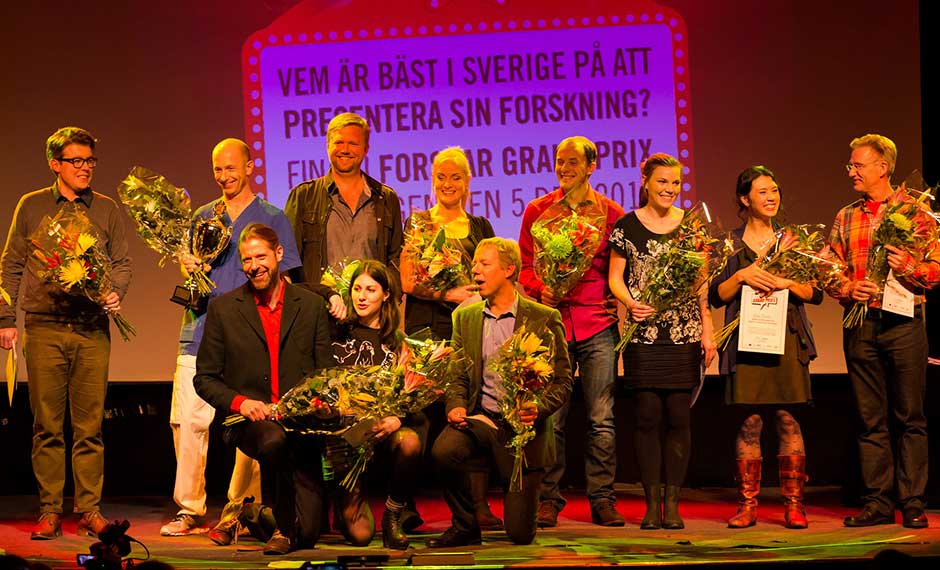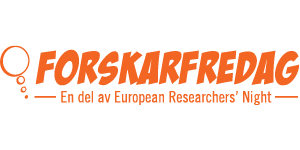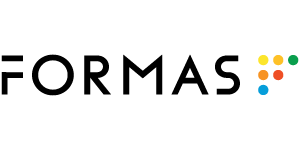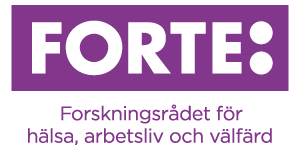
Alva Appelgren, Karolinska Institute, researches how unconscious thoughts about intelligence affect how people react to mistakes. This involves measuring activity in the brain to see how information about getting answers right or wrong is received and how this relates to how people value themselves in terms of associations with being smart or stupid. Her research could potentially influence teaching methods in schools. Final 2013, Stockholm.
Cecilia Berlin, Chalmers University of Technology, researches how demographic changes will affect Swedish and European manufacturing in the future. Her focus is on developing ways to attract and retain a diversified, creative and skilled workforce within the manufacturing industry – a sector that is crucial to the future economic prosperity of many European countries. Final 2013, Gothenburg.
Marco Bertonim, Blekinge Institute of Technology, conducts research to help businesses develop more innovative product-service solutions using knowledge about how a product is produced, used, maintained, upgraded, discarded or recycled. His work involves developing and testing methods and tools to improve team collaboration during the design process and to help businesses make better decisions about future products. Final 2013, Karlshamn.
Christina Isaxon, Lund University, conducts research on air pollution and its particles. Her research involves finding out how to best measure these particles, what happens to them and how they affect our health when we breathe them in. Final 2013, Lund.
Daniel Jönsson, Malmö University, researches why some people with poor oral hygiene don’t get problems with their teeth and gums. His focus is on bacteria in the mouth, in particular identifying ‘good’ bacteria and how these can replace the ‘bad’ bacteria that cause infections. Final 2013, Malmö.
Per Kristensson, Karlstad University, researches consumer behaviour, thoughts and emotions to understand more about how people shop, an activity that is having a major impact on our planet. Final 2013, Karlstad.
Joachim Liedtke, Kristianstad University, conducts research on how to facilitate the learning of foreign languages. His focus is on optimising the learning process and he has developed a computer programme to measure various factors that affect language learning. Final 2013, Kristianstad.
Andreas Ohlin, Örebro University Hospital, conducts research about very young babies and the infections they get. Premature babies are vulnerable to infections, which they often get in hospital, but which do not affect healthy children or adults. His research involves developing techniques to correctly diagnose these infections and ways to prevent them. Final 2013, Örebro.
Andreas Svensson, Linnaeus University, researches the behavioural strategies of fish and other animals. His focus is on a parasite that, to complete its life cycle, must first infect a fish and then have the fish eaten by a bird. Through his research he has discovered that the parasite actively manipulates the behaviour of the fish to increase the likelihood of being eaten by a bird. Final 2013, Växjö/Kalmar.





